Addressing the Challenge
The development of new Chinese cities often prioritizes the needs of cars over people, resulting in oversized urban blocks that hinder walkability and exacerbate environmental issues. Atelier FCJZ recognized the inherent challenges posed by these mega blocks, which not only detract from urban quality but also contribute to high-carbon emissions. To combat this, they proposed a radical rethink of block size to create a more livable and sustainable urban environment.
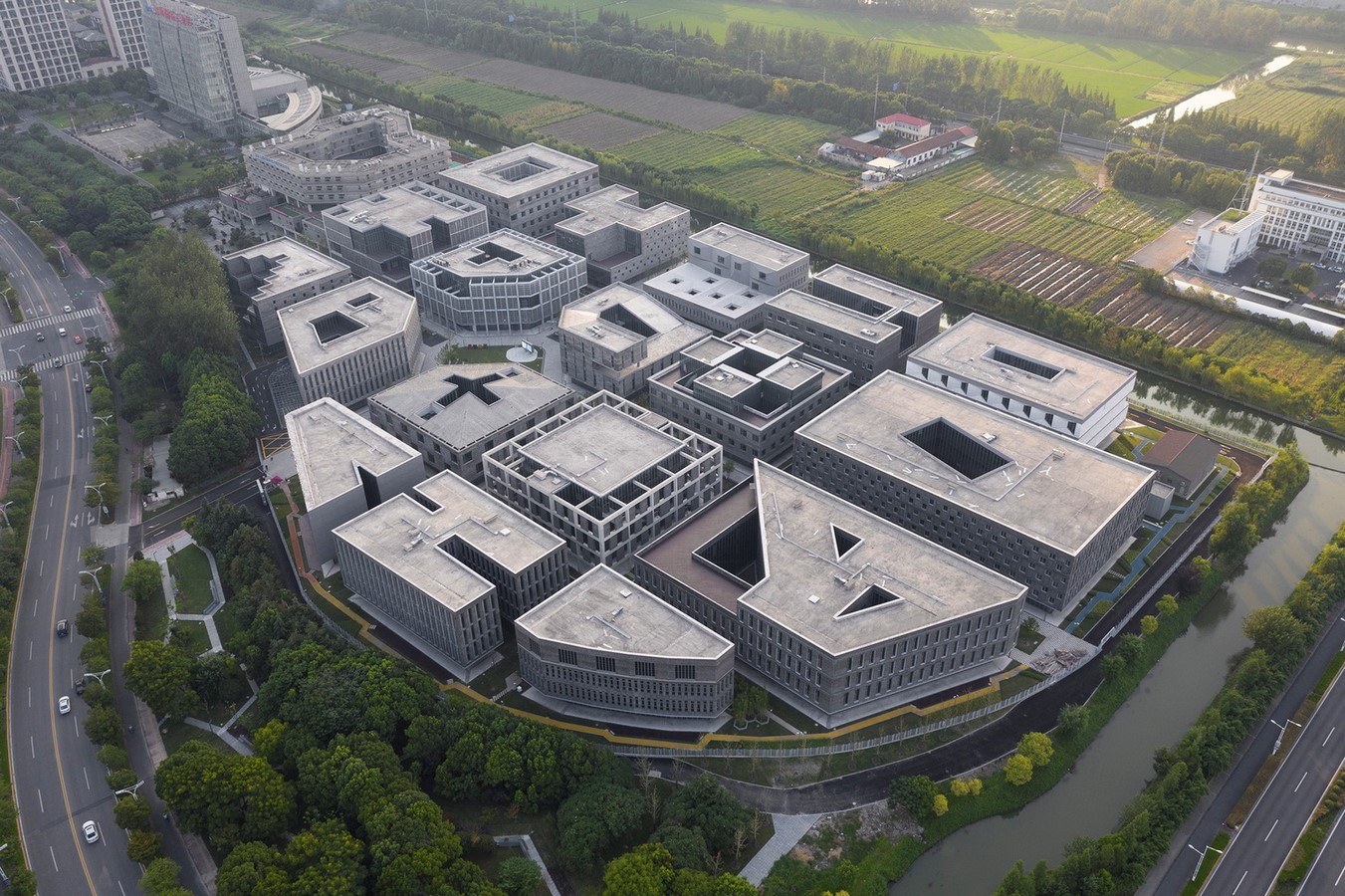
Introducing the Project
Tasked with designing a Research and Development (R&D) park in Jiading, a satellite town outside Shanghai, Atelier FCJZ seized the opportunity to experiment with smaller block dimensions. Covering 24.67 hectares of land, the Industry 4.0 Demonstration Base provided a fertile ground for testing innovative urban planning strategies.
Redefining Block Size
The central question posed by the project was: how small can a block be? Recognizing that block size is intrinsically linked to urban density, scale, and program, Atelier FCJZ embarked on a journey to create a more human-centered urban fabric. By prioritizing mixed-use developments and pedestrian-friendly streetscapes, they aimed to foster a sense of community and vitality within the office park.
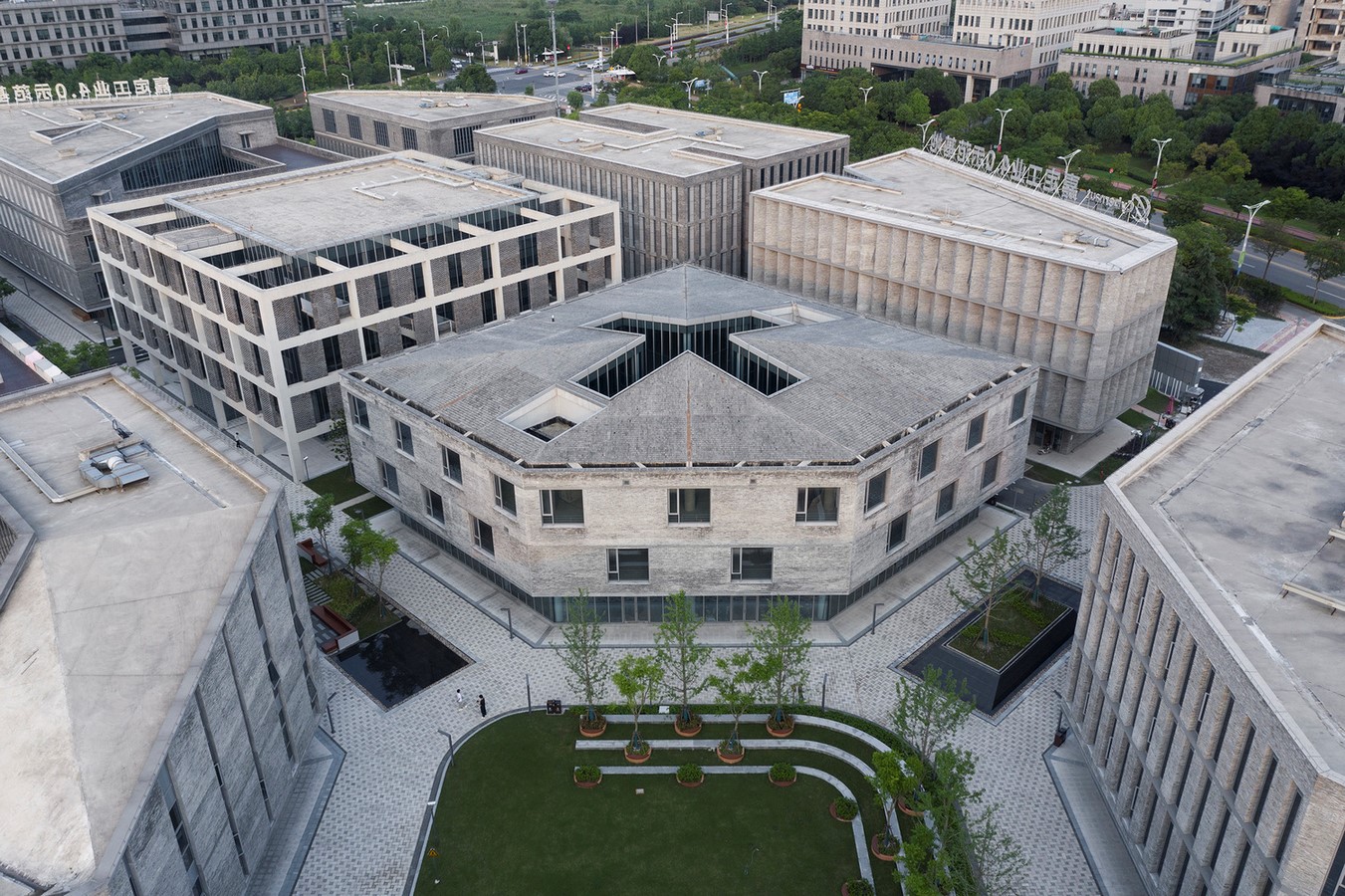
Crafting Urban Spaces
In their master plan, Atelier FCJZ emphasized the importance of the street as the primary urban space. Wide boulevards, lined with covered walkways, encouraged pedestrian activity while providing protection from the elements. The introduction of a 10-meter wide street, complemented by cantilevered canopies, created a comfortable environment for both pedestrians and vehicular traffic.
Designing the Mini Block
Breaking away from the traditional mega block model, Atelier FCJZ proposed a Mini Block concept with dimensions of 41.2 x 41.2 meters. This smaller scale allowed for greater connectivity between buildings, fostering a sense of intimacy and cohesion within the urban fabric. By embracing a human-centric approach to urban design, they aimed to create a more vibrant and inclusive environment for occupants.
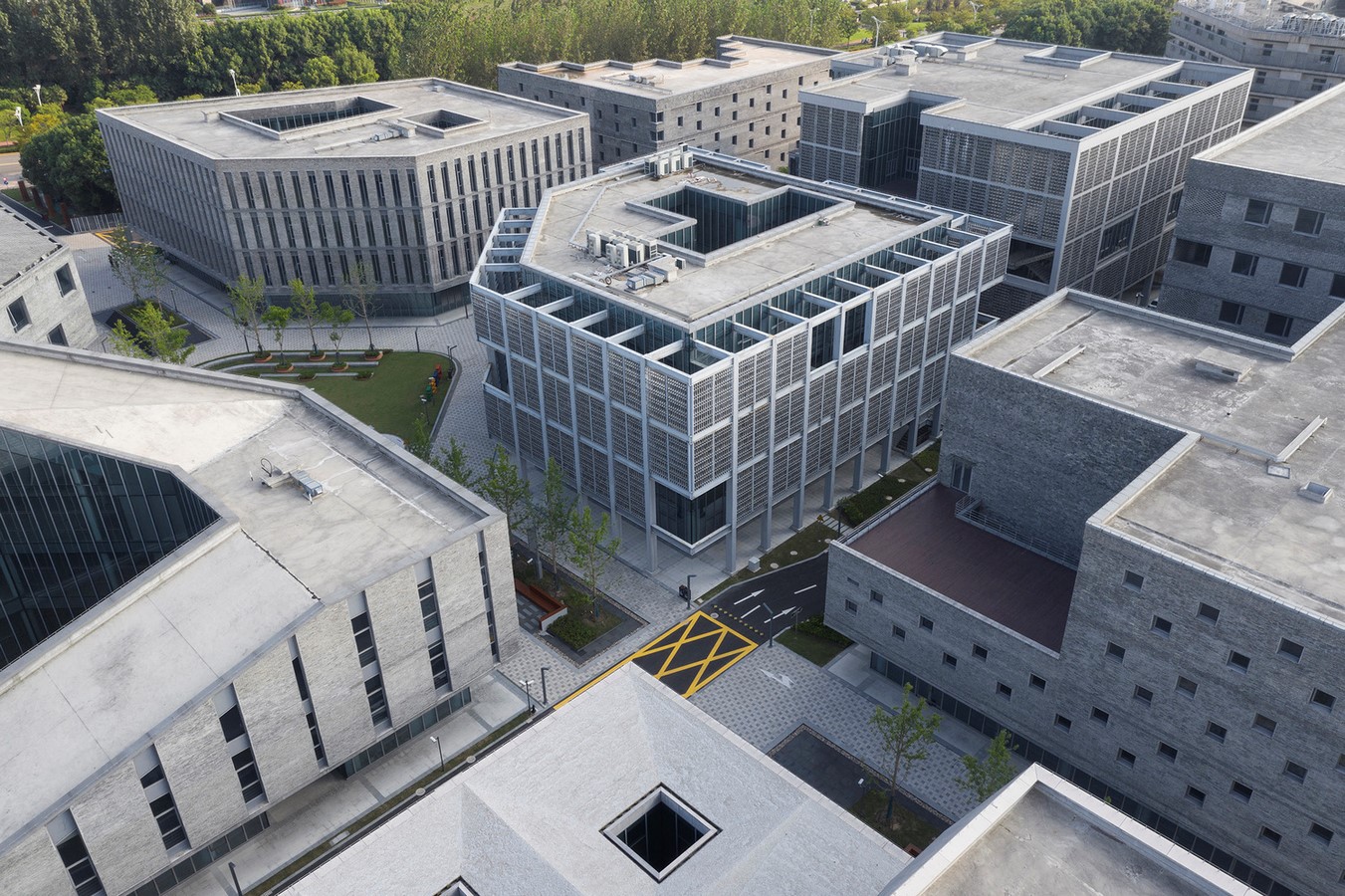
Implementation and Impact
The Jiading Mini Block project serves as a beacon of hope for future urban developments. By challenging the status quo and advocating for human-scale design principles, Atelier FCJZ has sparked a conversation around the importance of urban livability and sustainability. With a third of rental offices already leased out, the market response has been overwhelmingly positive, signaling a shift towards more human-centered urban environments.
Conclusion: A Vision for the Future
As Jiading Mini Block continues to evolve, it offers a glimpse into the future of urban planning. By prioritizing people over cars and embracing human-scale design principles, cities can create vibrant, livable neighborhoods that prioritize community and sustainability. As municipalities around the world take note of the success of projects like Jiading, we can look forward to a future where intimate neighborhoods and human-scale urban spaces are the norm, rather than the exception.


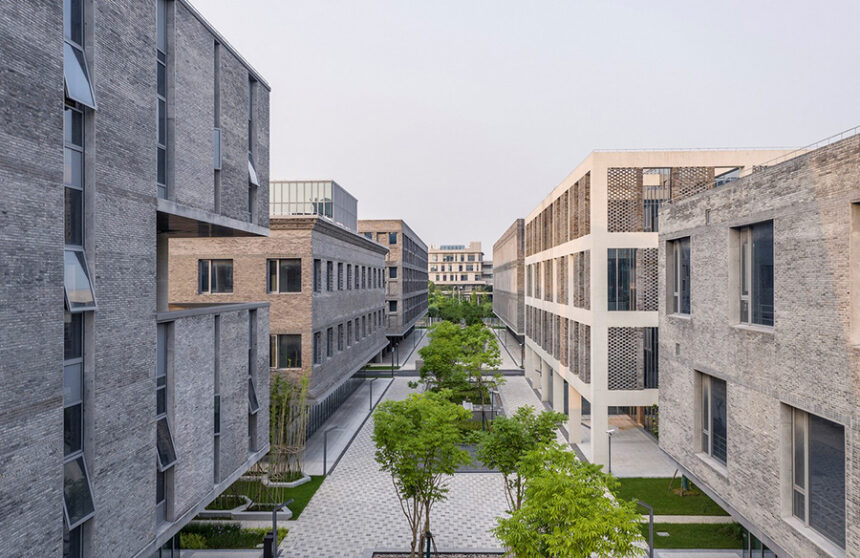



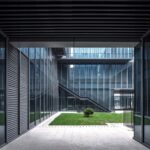

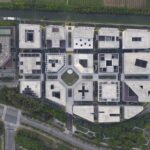


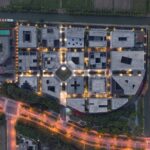





Leave a Reply